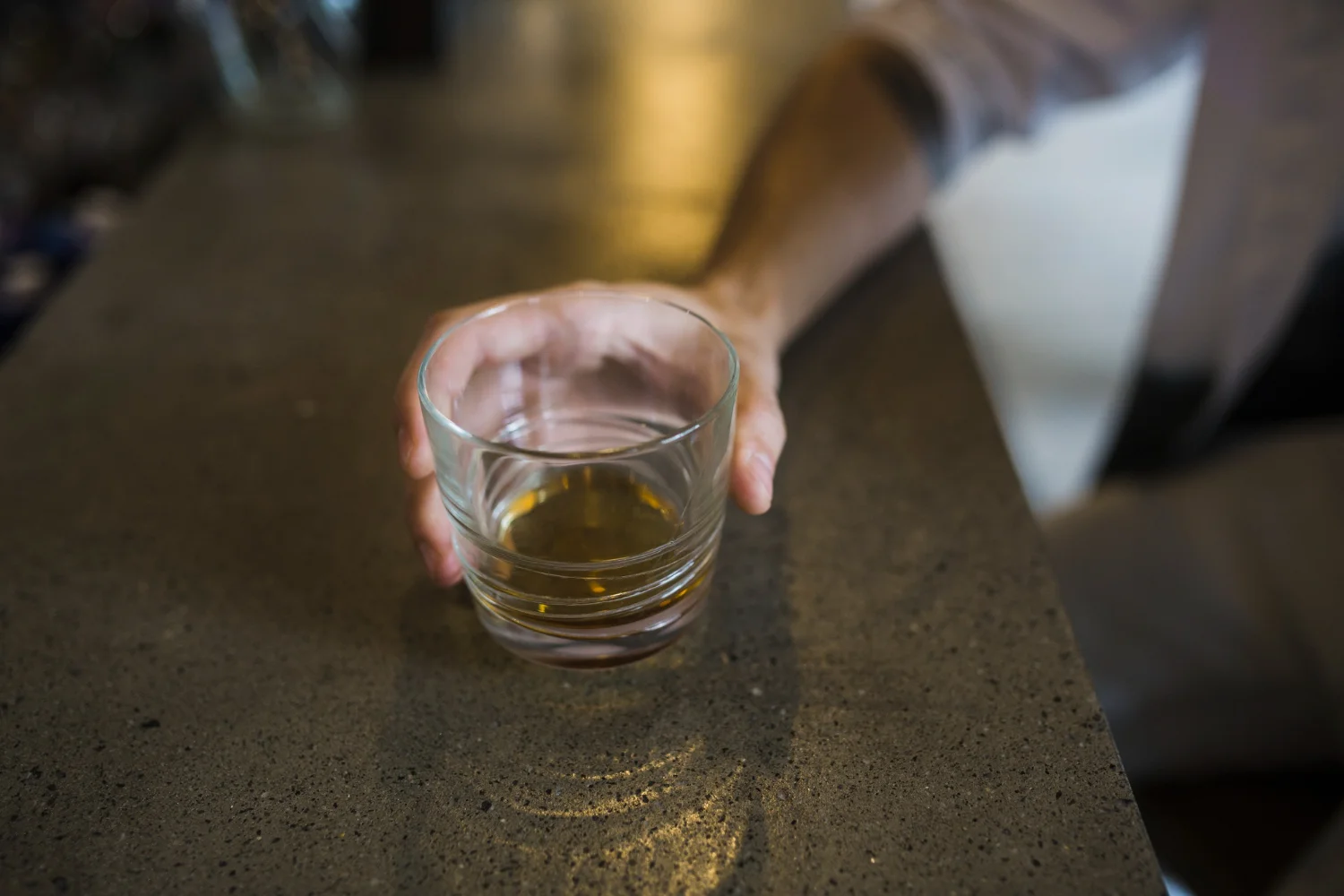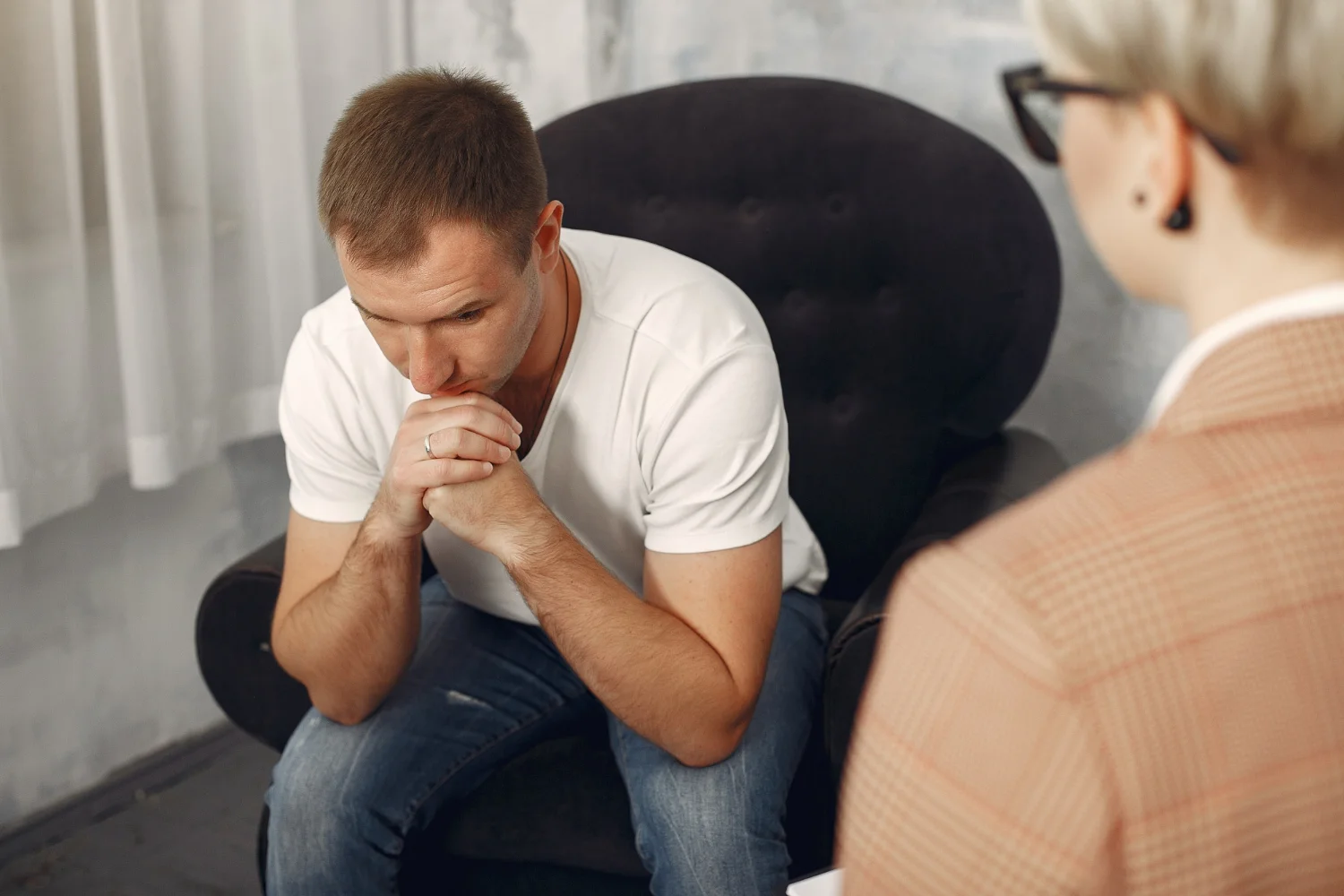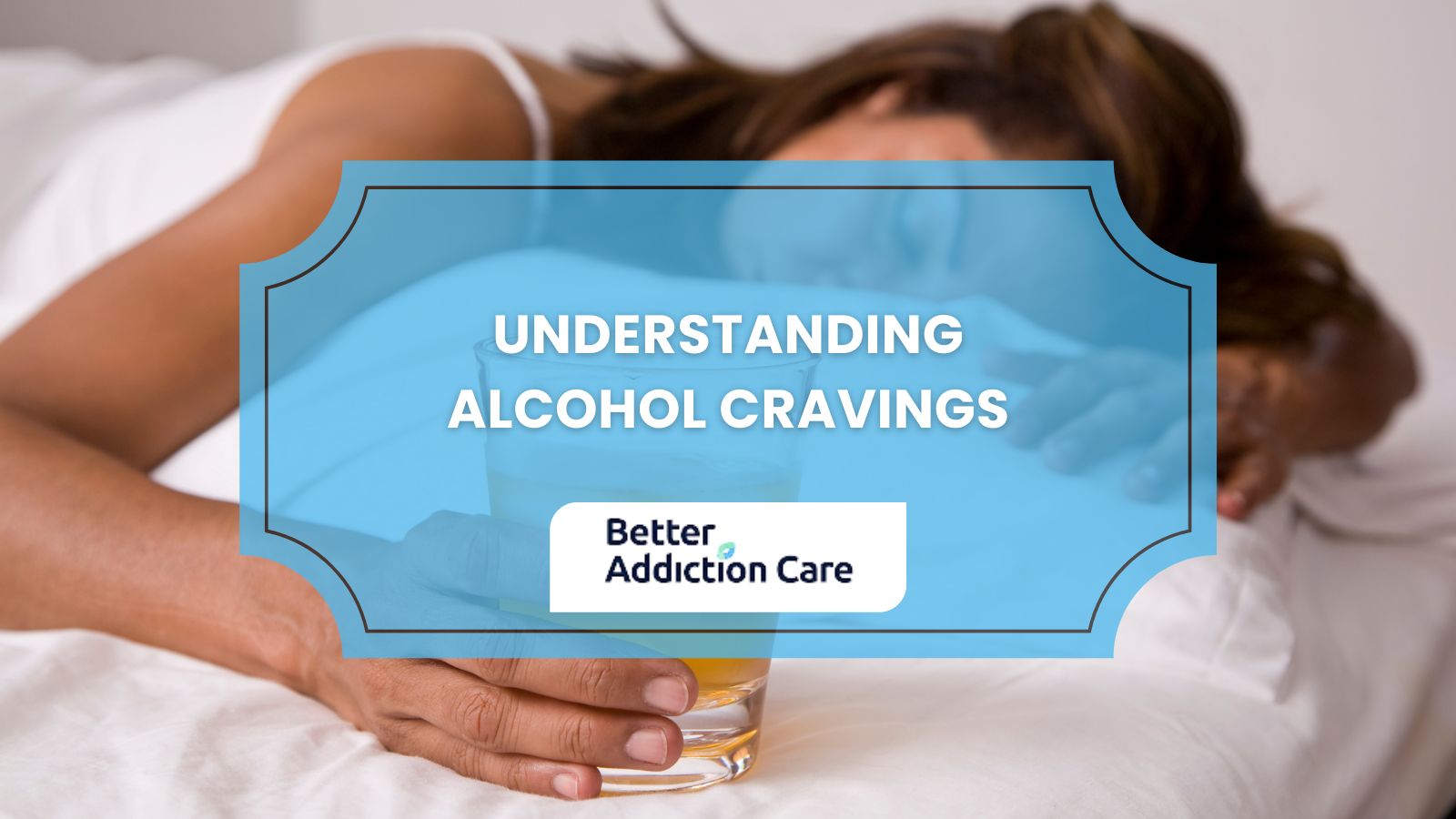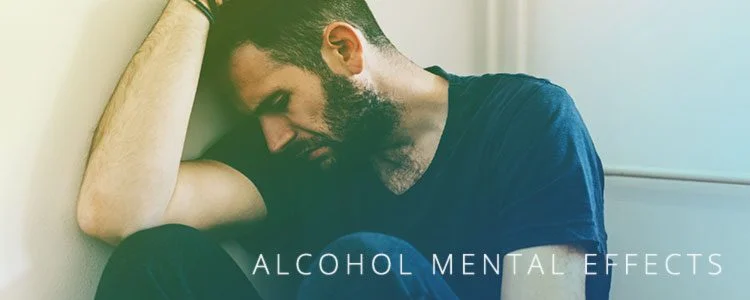Unveiling the Dangers of Alcohol-Induced Blackouts
Most people have experienced or know someone who can´t remember what happened during a party where they consumed a considerable amount of alcohol. These episodes of a temporary loss of memory are called alcohol-induced blackouts and are extremely common nowadays.

Understanding Blackouts from Alcohol
Popular culture has undoubtedly contributed to glorifying the act of drinking to the point you “can’t remember anything from last night,” and some people even brag or feel proud about this. Research has shown that at least 50% of those who drink alcohol have experienced blackouts at least once in their lifetime. This article aims to provide an overview of alcohol-induced blackouts and raise awareness of how harmful they can be.
What are Blackouts from Alcohol?
Alcohol-induced blackouts are defined by the National Institute on Alcohol Abuse and Alcoholism (NIAAA) as gaps in a person´s memory for events that occurred while they were intoxicated with alcohol.
Interestingly, alcohol-related blackouts come in two flavors. The first type is a fragmentary blackout, also called “grayout” or “brownout”; it is characterized by gaps in memory combined with some recollection of the events that happened while intoxicated. On the other hand, a total blackout involves gaps with no recollection of the events at all. It is believed that the latter happens because the memories of what happened were never formed in the first place.
The medical term for a blackout is anterograde amnesia. This means that you can neither form nor store new memories.
Causes of Blackouts from Alcohol
Although alcohol-induced blackouts are often associated with binge drinking, the truth is that they can also happen with other drinking patterns, like combining alcohol with certain medications such as benzodiazepines.
Nevertheless, binge drinking is indeed a huge risk factor for alcohol-induced blackouts. This is mainly because blackouts usually occur when your blood alcohol content (BAC) is equal to or above 0.16% (almost twice the legal driving limit). During binge drinking, people ingest a large quantity of alcohol in a short time, which can rapidly raise the levels of alcohol in the blood and prevent the liver from having appropriate time to process alcohol effectively.
Besides BAC, other factors can increase the risk of alcohol-induced blackouts. Some of them include:
-
Rate of alcohol consumption
-
Alcohol tolerance
-
Consuming alcohol while having an empty stomach
-
Female gender
-
Genetic mutations that affect alcohol processing.
-
Prior episodes of alcohol-induced blackouts
-
Fatigue and stress
-
Concomitant drug use
Effects of Blackouts from Alcohol
The effects that alcohol-induced blackouts have on your health can be complex and go way beyond an episode of memory loss. Some of the immediate short-term consequences of blackouts are:
-
Impaired judgment
-
Increased vulnerability to accidents
-
Feelings of anxiety, embarrassment, or shame
Similarly, certain long-term consequences of blackouts include:
-
Structural and functional brain damage
-
Increased risk of alcoholism
-
Mental health issues (depression, anxiety, and mood disorders)
-
Impairment of social life
Symptoms and Risks of Blackouts from Alcohol
To identify alcohol-induced blackouts, it is essential to understand that they can have some other symptoms that accompany memory loss. Additionally, as blackouts represent a serious concern because of their link to pervasive drinking patterns, it is crucial to understand the potential risks that are associated with them.
Symptoms of Blackouts from Alcohol
Although memory loss is the cardinal symptom that defines alcohol-induced blackouts, someone who is struggling with blackouts may not disclose these gaps in his memory out of shame or fear. Because of this, it is imperative to identify other symptoms of alcohol-induced blackouts, some of which include:
-
Confusion
-
Disorientation
-
Repetitive behaviors (speech, actions, recounting of events)
-
Loss of inhibitions
-
Cognitive impairment
Risks of Blackouts from Alcohol
Alcohol-induced blackouts can cause significant risks to people who experience them and their well-being. Some of the most notable risks are:
-
Accidents
-
Injuries
-
Driving under the influence of alcohol
-
Alcohol poisoning
-
Unintended harm to third parties
-
Unsafe and risky sexual behavior
-
Legal problems
-
Exploitation and/or manipulation by others
-
Physical health problems
-
Feelings of guilt, shame, and embarrassment
-
Social issues
Prevention and Management of Blackouts from Alcohol
As previously mentioned, alcohol-induced blackouts are far more common than you can imagine. This makes prevention and management of these blackouts a top priority for healthcare providers and addiction counselors.
Prevention of Blackouts from Alcohol
The prevention of alcohol-induced blackouts involves a lot of discipline, willpower, and responsibility. Some useful tips to prevent them, or at least reduce the impact of their consequences, are:
-
Know and establish your limits
-
Keep good track of the number of drinks you are having
-
Quit binge drinking
-
Stick to your drinking goals and drink in moderation
-
Understand your alcohol tolerance
-
Avoid drinking too quickly
-
Always eat before drinking alcohol
-
Stay hydrated all the time
-
Avoid mixing medications or illegal substances with alcohol
-
Select a designated driver or use public transportation
-
Be mindful of your drinking environment and the people surrounding you
Coping with Blackouts from Alcohol
Experiencing blackouts can be an extremely stressful situation for people who struggle with alcohol consumption. However, some effective strategies can help you cope with the challenges of alcohol-induced blackouts:
-
Ask for professional help
-
Attend support groups (E.g., Alcoholics Anonymous)
-
Practice mindfulness techniques (E.g., meditation, deep breathing, relaxation exercises)
-
Exercise regularly
-
Avoid triggers for alcohol consumption
-
Educate yourself about the risks of alcohol
-
Build a supportive environment and network
Treatment for Blackouts from Alcohol
If you are experiencing a blackout, chances are that you may be having a case of alcohol intoxication. The general indications to manage this situation would be to:
-
Stop drinking right away. Please note that this is appropriate if the person has no medical risks. Otherwise, a medical detox might be needed to avoid alcohol withdrawal symptoms.
-
Seek professional help immediately
-
Try to avoid people you don´t know
-
Consume large amounts of water to stay hydrated
-
Have some food to replenish your nutrients
If they happen too often, blackouts may be a sign that you may have a risky alcohol-drinking pattern. Binge drinking or alcoholism may be a possible cause of your frequent blackouts, which are bigger problems that need to be addressed. The first step would be to do an alcohol use disorder self-assessment like the Alcohol Use Disorders Identification Test (AUDIT) or have yourself evaluated by a professional healthcare provider. Either way, physicians and therapists would be able to guide you into the necessary treatment approach that may involve:
-
Medical detoxification
-
Medications (E.g., Naltrexone, disulfiram, acamprosate)
-
Cognitive-behavioral therapy (CBT)
-
Motivational interviewing
-
Support groups
Recovery from Blackouts from Alcohol
Although the pathway to recovery from the alcohol-related problem that is causing your blackouts may be challenging, commitment, discipline, and support can help you get through it. Some key points to be considered by someone who is contemplating the recovery process are:
-
Recognize the problem
-
Commit to getting sober
-
Surround yourself with a supportive environment and network
-
Seek professional help
-
Commit to attending support groups
-
Develop coping mechanisms
-
Take care of your mental health
-
Make lifestyle changes and quit bad habits
-
Set realistic goals and stay committed
Supporting Someone with Blackouts from Alcohol
As we have previously discussed, alcohol-induced blackouts are highly prevalent. Thus, it is more than likely that you have met someone who has experienced or is suffering from them. Below, you will find some pieces of advice and resources that you may find helpful when dealing with alcohol-induced blackouts.
How to Help Someone with Blackouts from Alcohol
Helping someone who is suffering from alcohol-induced blackouts can be both a challenging and exhausting experience. Fortunately, some useful strategies can help you support a loved one or friend who is struggling with blackouts:
-
Talk to them using a non-confrontational approach
-
Avoid judging their behavior
-
Express your concern about their safety and offer your support
-
Listen actively
-
Encourage professional help
-
Learn about alcohol addiction
-
Set certain boundaries to protect your well-being
-
Help them find healthy coping strategies
-
Fill yourself with patience
-
Keep an eye on your mental health
Resources for Dealing with Blackouts from Alcohol
You may need reinforcement when helping someone who is suffering from alcohol-induced blackouts. Below, you can find a list of available resources, such as organizations, helplines, and online communities, that can help you support people struggling with blackouts:
-
Alcoholics Anonymous (AA)
-
SMART Recovery
-
Moderation Management (MM)
-
Women for Sobriety (WFS)
-
National Helpline (SAMHSA)
-
Rethinking Drinking (National Institute of Health)
-
r/stopdrinking (Reddit Community)
Conclusion
Alcohol-induced blackouts are an extremely common issue, especially in binge drinkers and people with alcohol use disorder. Blackouts can have a problematic effect on your health and have inherent risks with catastrophic consequences. Therefore, detecting the signs and symptoms of alcohol-induced blackouts is imperative to get early treatment and establish preventative measures.
Seeking professional help is always the right answer when dealing with blackouts; however, certain resources and tools can be useful for addressing them. Although the pathway to recovery may be bumpy, it can be achievable with adequate resources and support. If you need help, the National Substance Abuse Hotline and Better Addiction Care helpline at (800) 429-7690 are useful resources available 24/7. In case of emergencies, please call 911 immediately.







